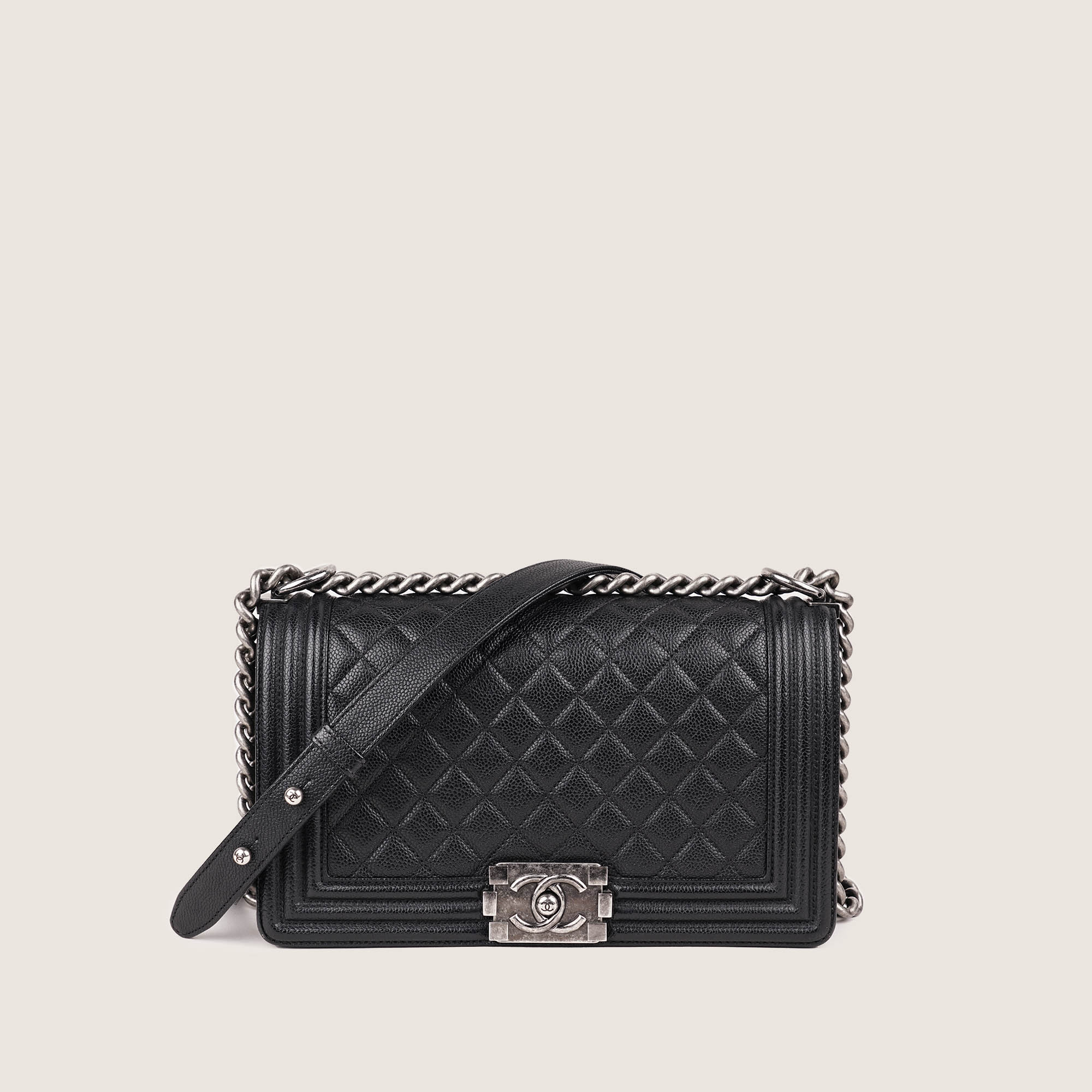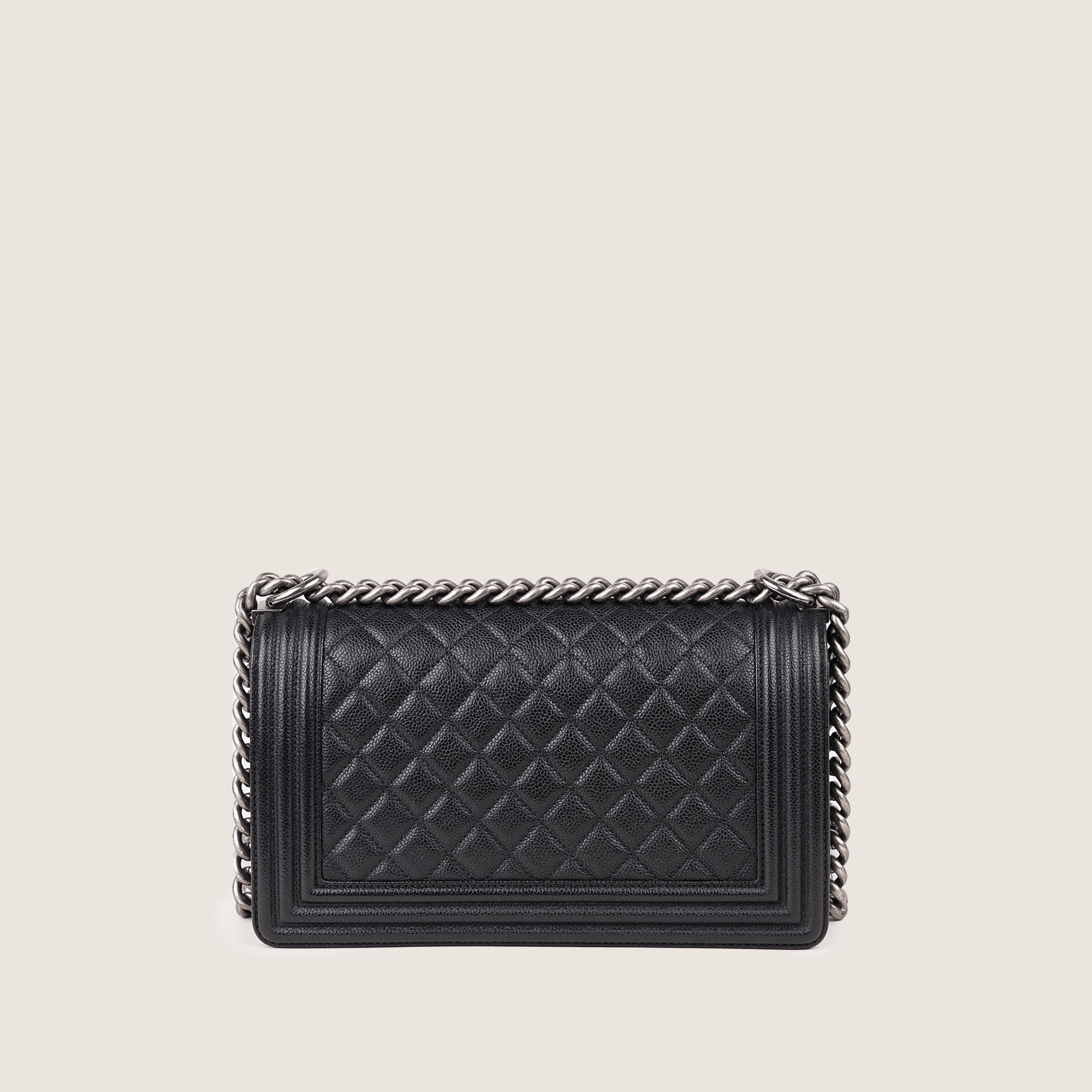

The fashion industry is a significant contributor to environmental issues, with fast fashion notably impacting water usage, pollution, and waste. The Ellen MacArthur Foundation highlights the staggering rate of textile disposal, with a truckload being discarded every second. In response, the pre-owned luxury market is emerging as a sustainable alternative, driven by consumer preferences for eco-friendly and circular economy practices. This shift is facilitated by digital platforms and global access, enhancing the market's reach and influence.
Sustainability is at the forefront of the pre-owned luxury market's growth, with consumers opting for used luxury items to minimize waste and prolong the lifecycle of goods. This movement supports a broader transition towards a circular economy.

Digital gateways allows us to explore the world of pre-owned luxury.

The wide array of pre-owned handbags available at Affordable Luxury.
The affordability of pre-owned luxury goods makes them accessible to a wider audience, attracting both style and value-conscious shoppers. This segment also serves as a recruitment channel for luxury brands, fostering new consumer relationships and brand loyalty.
Europe leads in the pre-owned luxury market, supported by a strong cultural appreciation for luxury craftsmanship and sustainable buying behaviors. This region is pivotal in reshaping the fashion industry towards more sustainable practices.
The thriving pre-owned luxury market represents a crucial shift in the fashion industry, offering sustainable alternatives to fast fashion and influencing new fashion designs and production methods. As consumers, our choices play a vital role in driving this sustainable movement, redefining luxury in a conscious world.